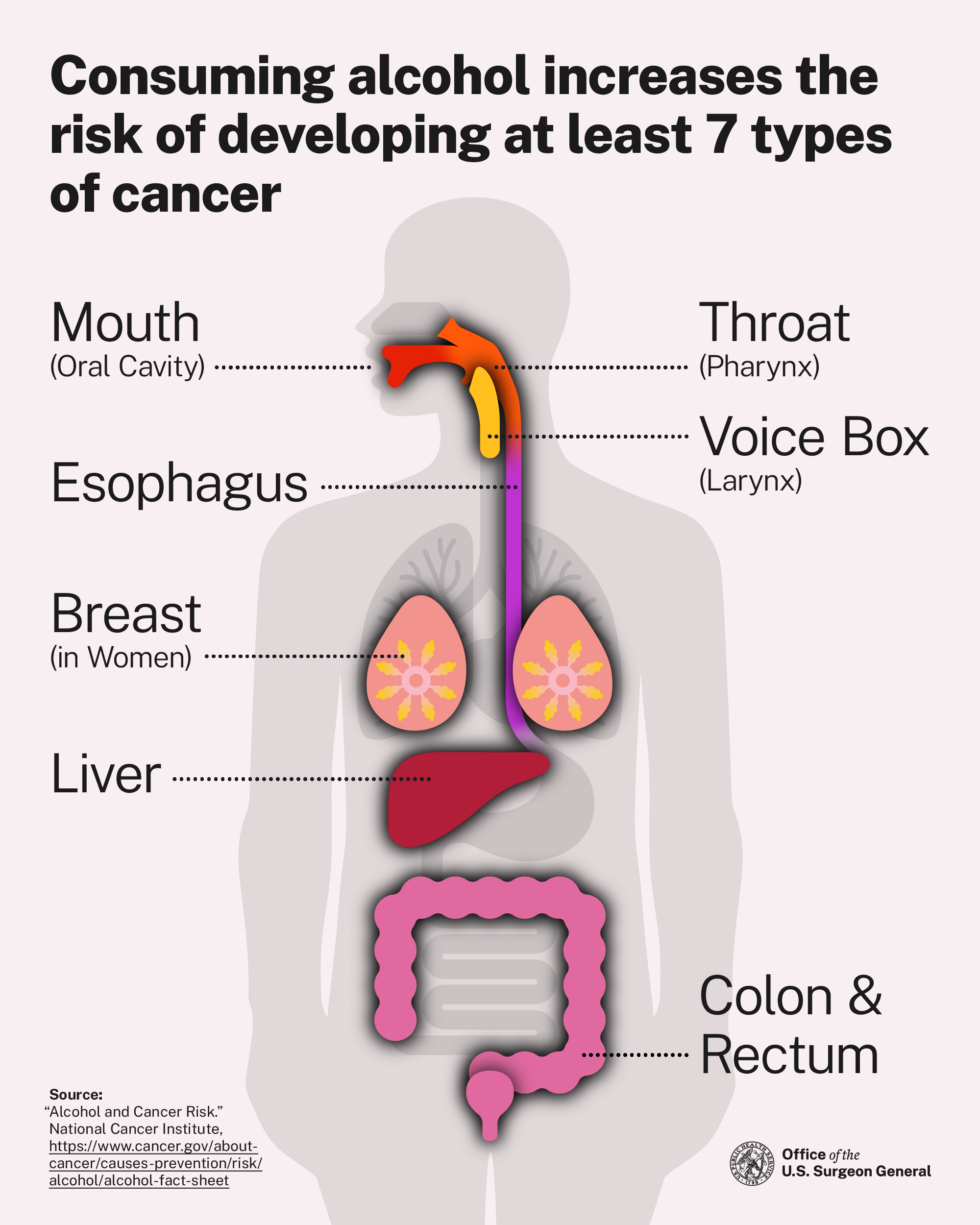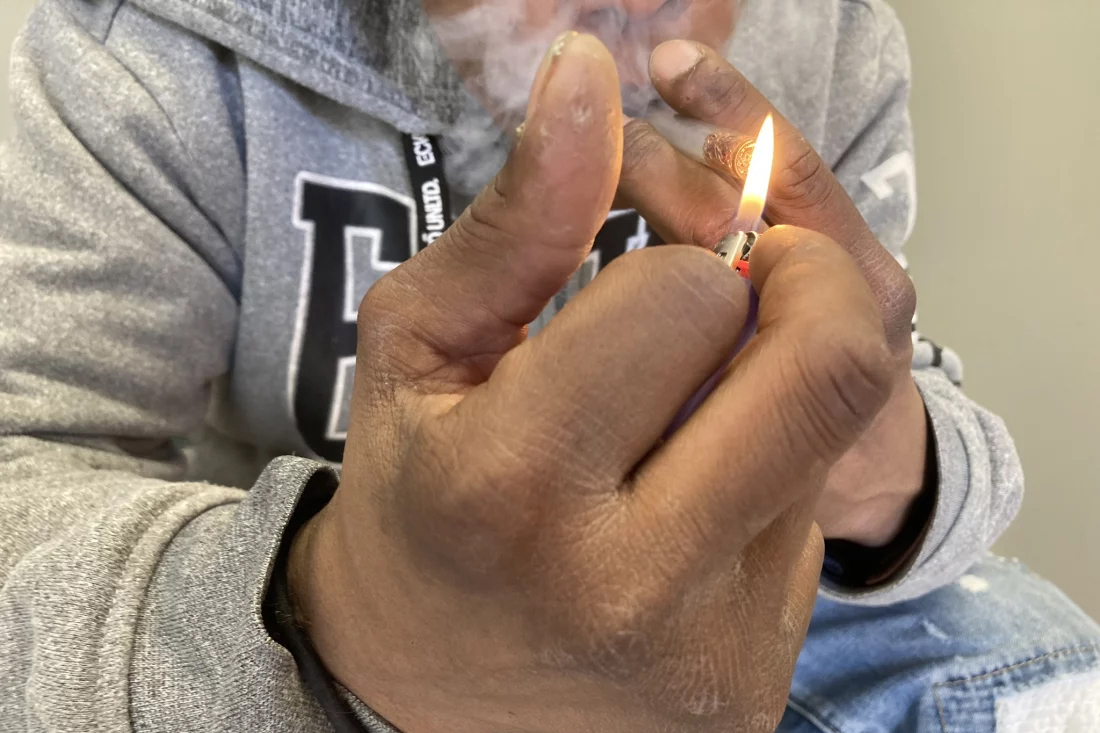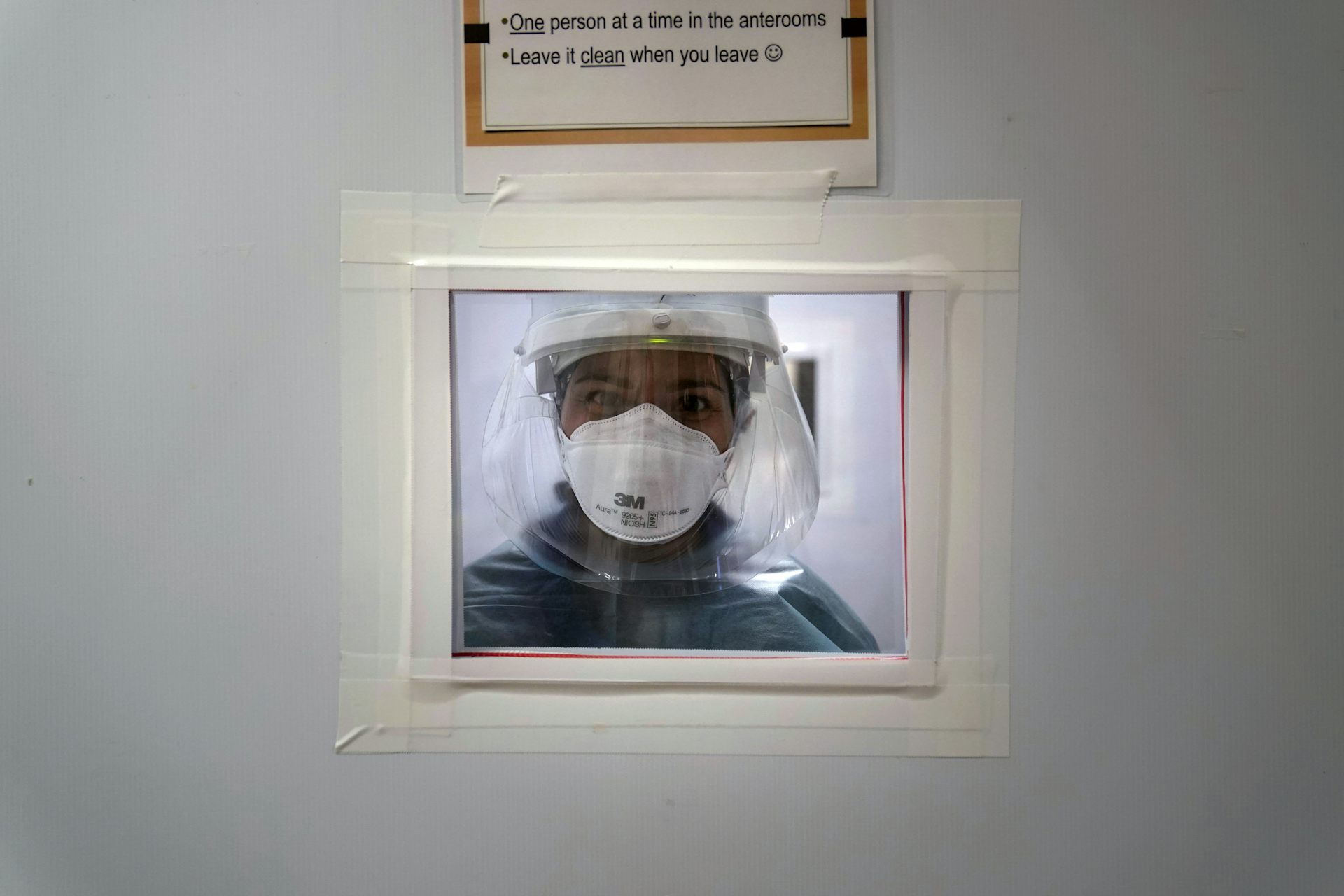Alcohol Consumption is the Third Leading Preventable Cause of Cancer in the United States Today, United States Surgeon General Dr. Vivek Murthy released a new Surgeon General’s Advisory on Alcohol and Cancer Risk, outlining the direct link between alcohol consumption and increased cancer risk. Alcohol consumption is the third leading preventable cause of cancer in the United...
Health
Stimulant Users Are Caught in Fatal ‘Fourth Wave’ of Opioid Epidemic
In Pawtucket, Rhode Island, near a storefront advertising “free” cellphones, J.R. sat in an empty back stairwell and showed a reporter how he tries to avoid overdosing when he smokes crack cocaine. KFF Health News is identifying him by his initials because he fears being arrested for using illegal drugs. It had been several hours...
Preclinical Study Finds Surges in Estrogen Promote Binge Drinking in Females
The hormone estrogen regulates binge drinking in females, causing them to “pregame” – consume large quantities of alcohol in the first 30 minutes after it’s offered, according to a preclinical study led by scientists at Weill Cornell Medicine. The study establishes–for what is thought to be the first time–that circulating estrogen increases binge alcohol consumption...
Trash Incinerators Disproportionately Harm Black and Hispanic People
When leaders of Florida’s most populous county met in September to pick a site for what could become the nation’s largest trash incinerator, so many people went to the government center to protest that overflow seating spilled into the building’s atrium. “MIRAMAR SAYS NO TO INCINERATOR! NOT IN OUR BACKYARD,” read green T-shirts donned by...
What Are Pharmacy Benefit Managers? A Health Economist Explains How Lack of Competition Drives Up Drug Prices for Everyone
Wegovy and Ozempic are weight loss drugs that promise to transform the treatment of obesity, heart disease and other chronic conditions that afflict millions of Americans. But while everyone agrees these drugs have the potential to transform lives, no one can agree on how best to pay for them. Wegovy sells for a list price...
The Moral Dimension to America’s Flawed Health Care System
The killing of UnitedHealthcare CEO Brian Thompson has set off soul-searching among many Americans. Part of that reflection is about the public reaction to Thompson’s death and the sympathy the suspect received online, with some people critical of the insurance industry celebrating the assailant as a sort of folk hero. As many observers have pointed...
Why Does Red Wine Cause Headaches? Our Research Points to a Compound Found in the Grapes’ Skin
Medical accounts of red wine headaches go back to Roman times, but the experience is likely as old as winemaking – something like 10,000 years. As chemists specializing in winemaking, we wanted to try to figure out the source of these headaches. Many components of red wine have been accused of causing this misery –...
Long Covid’s Effects on Employment: Financial Distress, Fear of Judgment
Though research has shown that people with long COVID are more likely to be unemployed, the statistics don’t reveal what patients go through before they cut their hours, stop working or lose their jobs. In a new study involving interviews of people with long COVID, researchers from The Ohio State University describe how the prolonged illness has affected not...
Staying Sharp: Study Explores How Brain Changes May Affect Financial Skills
Senior citizens are targeted by financial scams of all types, from email-based phishing attempts to callers looking to swindle their life savings. A new paper from Binghamton University Associate Professor of Psychology Ian M. McDonough sheds light on how age-related changes may affect the way we handle finances — and how we can stay sharp as we...
Secret of the Female Orgasm Uncovered by Psychologists
The secret of the female orgasm may have been revealed by scientists in a pioneering study. Researchers led by the University of Essex found that women climax more frequently if they have high levels of an inward-looking sense known as interoception. Dr. Megan Klabunde, from the Department of Psychology, discovered women who noticed and attend...










